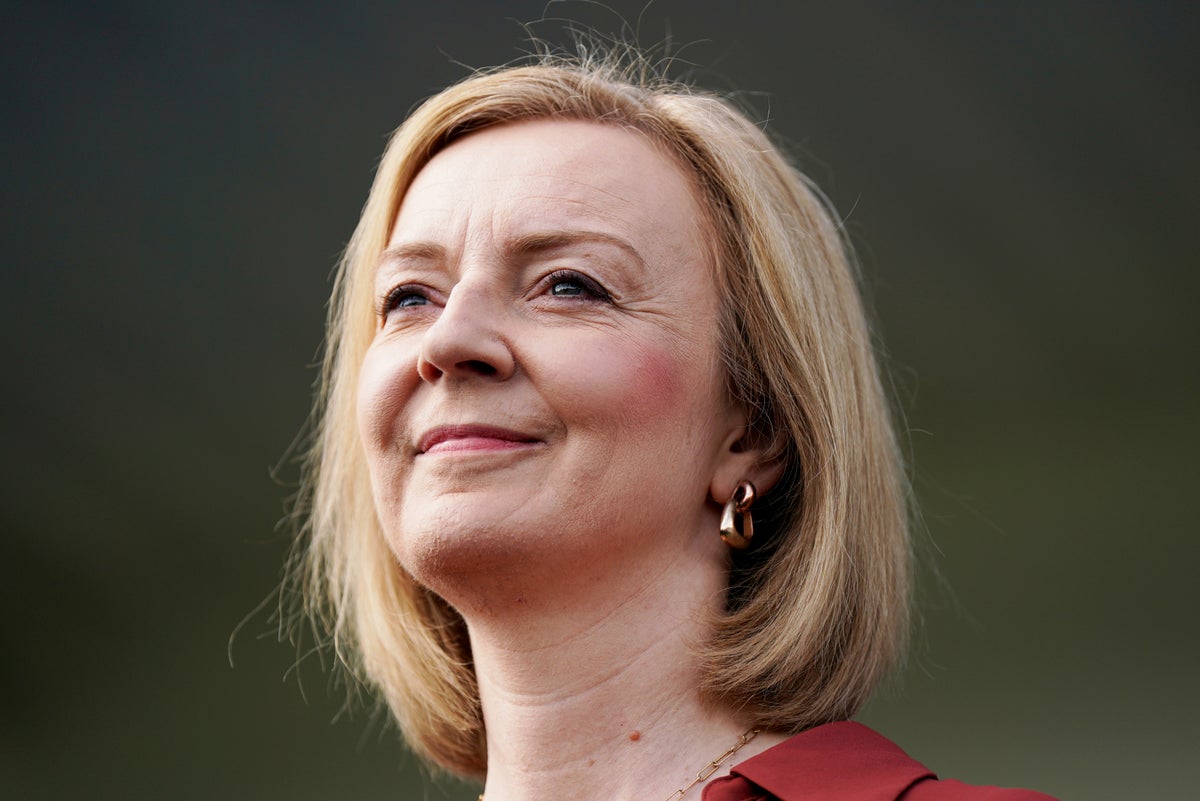
Prime Minister Liz Truss is not the first politician to make an abrupt U-turn - and no doubt she will not be the last.
But it’s fair to say her premiership has not got off to the smoothest of starts, with widespread criticism of her chancellor’s so-called mini-budget.
Just over a month into the job, we look at some of the abrupt changes the former Liberal Democrat Ms Truss has had to make so far - and before she became PM.
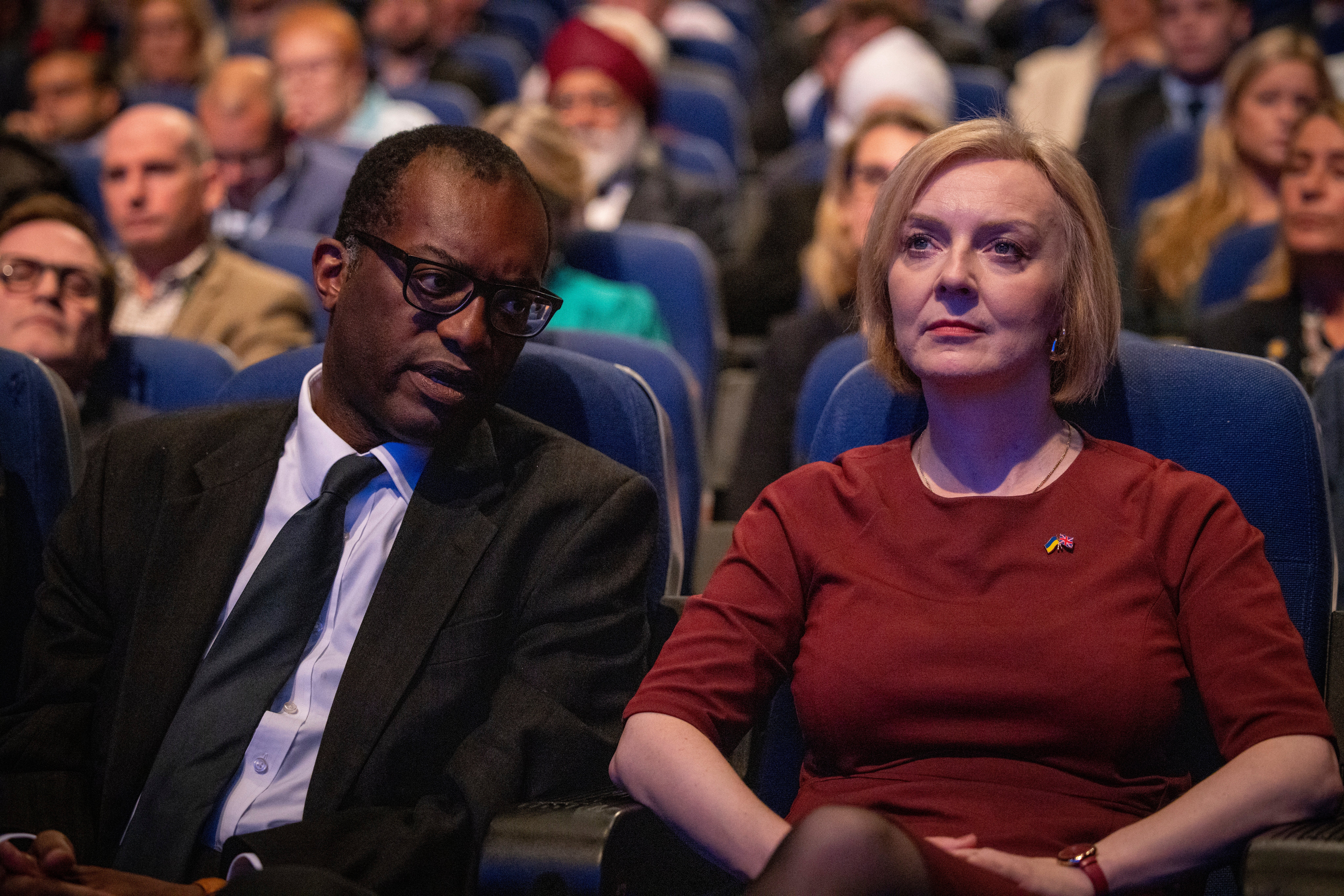
Tax cuts for the rich
Ms Truss made her first major U-turn as Prime Minister after it was announced the government would not press ahead with its plan to abolish the top rate of tax for the rich.
Chancellor Kwasi Kwarteng confirmed the about-face on 3 October following a backlash, the threat of a backbench Tory rebellion and a cantankerous opening day at the Conservative Party conference in Birmingham.
In a statement posted to his Twitter account, Mr Kwarteng said the policy had been axed because it had become a ‘distraction’ to what he said was otherwise a growth plan that would build “a more prosperous economy”.
“It is clear that the abolition of the 45p tax rate has become a distraction from our overriding mission to tackle the challenges facing our country,” Mr Kwarteng said. “As a result, I’m announcing we are not proceeding with the abolition of the 45p tax rate.”
The U-turn came after senior Tories Michael Gove, the former levelling up secretary and Grant Shapps, the ex-transport secretary, voiced their opposition to the plan.

Medium-term fiscal plan
The latest Government U-turn came on 10 October when Kwasi Kwarteng, the Chancellor, said that he was bringing forward the date he would set out his "medium-term" fiscal plan.
Mr Kwarteng had been under pressure to set out his plans more clearly following September's disastrous "mini-Budget", which sent the value of the pound plunging and caused chaos in the markets.
The Chancellor also said he would bring forward the publication of the Office for Budget Responsibility forecast from 23 November to 31 October - Halloween.
In a letter to Commons Treasury Committee chair Mel Stride, Mr Kwarteng said he hopes “this short extra delay is acceptable”.
It was a triple U-turn by Mr Kwarteng - the chancellor had proposed to change the date of his statement on two other occasions.

'Handouts' to address the cost of living
During her successful campaign for the Tory leadership, Ms Truss said she would not give people “handouts” to help with soaring energy bills when she entered office.
She said she would try to help families, but focus on tax cuts, telling the Financial Times: "The way I would do things is in a Conservative way of lowering the tax burden, not giving out handouts."
Critics pointing out that tax cuts would not help those most in need because many on the lowest incomes already pay little tax.
Following this, Penny Mordaunt, one of her most prominent supporters, went on television to say her remarks had been "misinterpreted".
Ms Mordaunt said the would-be prime minister was making a "general point about the merits of enabling people to keep more of what they earn".
"She's not ruled out all future help. In fact, part of her the reason for her putting an emergency budget forward is to really address some of these issues," Ms Mordaunt said.
Cutting wages outside of London
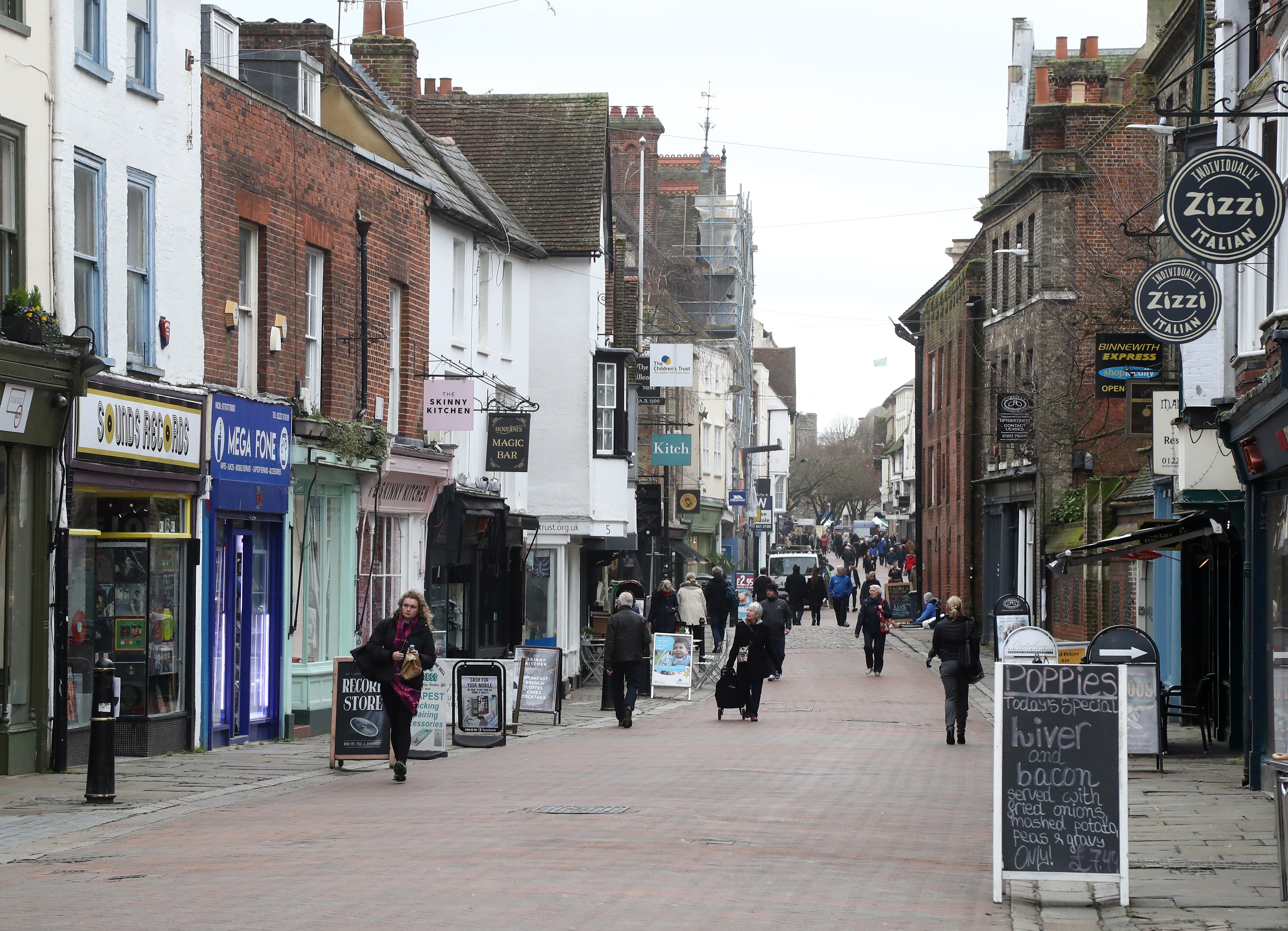
The change of approach comes just a week after Ms Truss was forced into an elaborate U-turn on her plans to cut public sector wages outside of London.
Her campaign team had press-released political journalists to say she would introduce "regional pay boards" to bring down wages of public sector workers outside London.
This would save money that could be used to fund tax cuts, she argued. The frontrunner also argued the wage cuts could be beneficial because the private sector found it hard to compete with public sector wages.
She claimed the figure would save £8.8 billion in wages – a figure that could only be attained by cutting wages across the public sector including for nurses and teachers, rather than only civil servants.
Ms Truss went on television herself to say her policy had been "misrepresented" and that it had only intended to apply to civil servants. She said she would not be going ahead with the plan.
Protecting Britain's steel industry
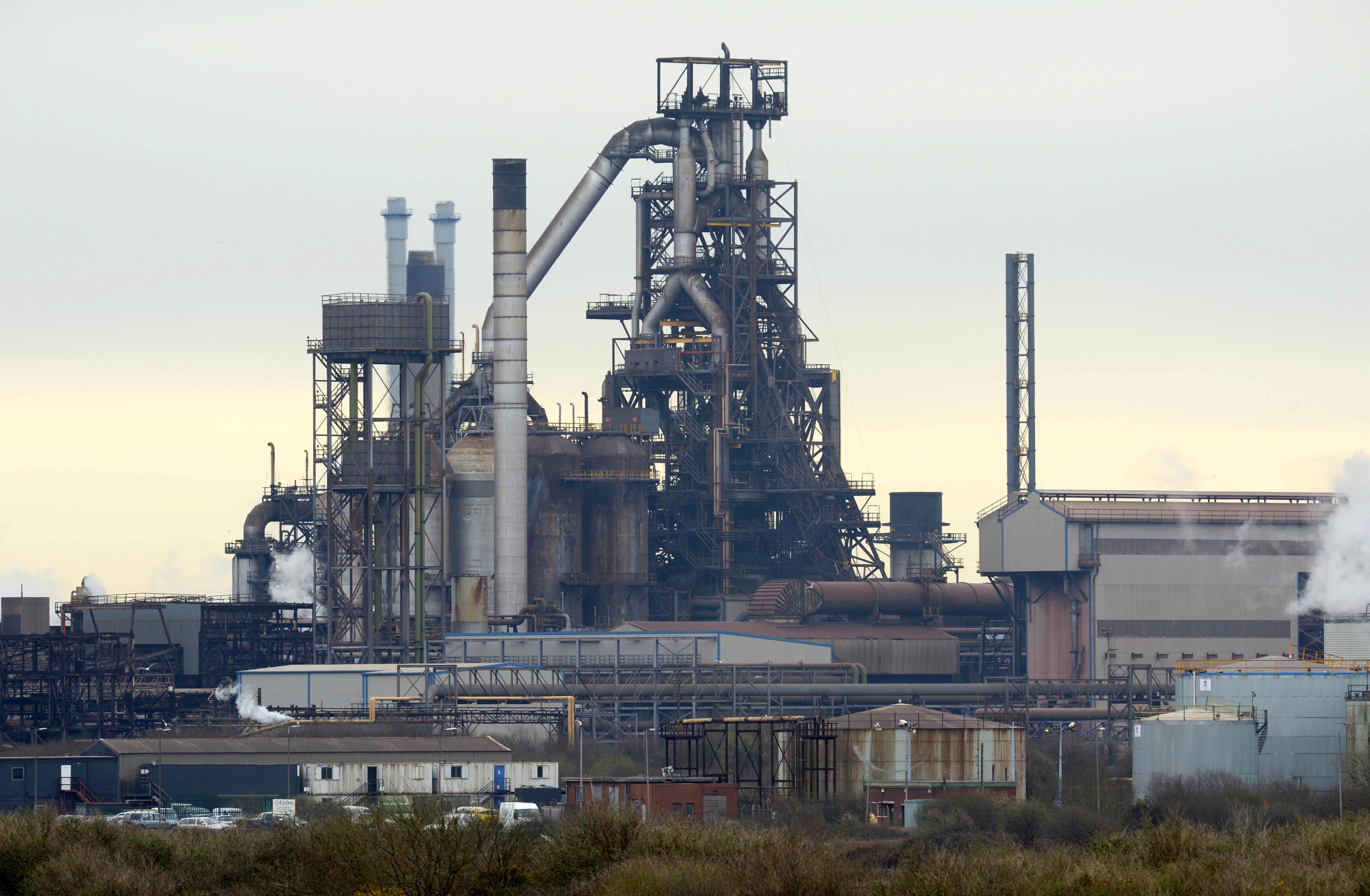
Such U-turns aren't limited to Ms Truss's leadership campaign: she also has a history of having to reverse on policies in previous roles once the implications become clear.
As international trade secretary she planned a major reduction in trade barriers, wanting to drop tariffs on some types of imported steel.
But the UK steel industry warned that the approach cost thousands of jobs and mean £100m of lost sales, running down the domestic industry.
The then-trade secretary backed away from the plans after losing out during a Cabinet split with Business Secretary Kwasi Kwarteng, who favoured the tougher protections.
Abolishing the monarchy
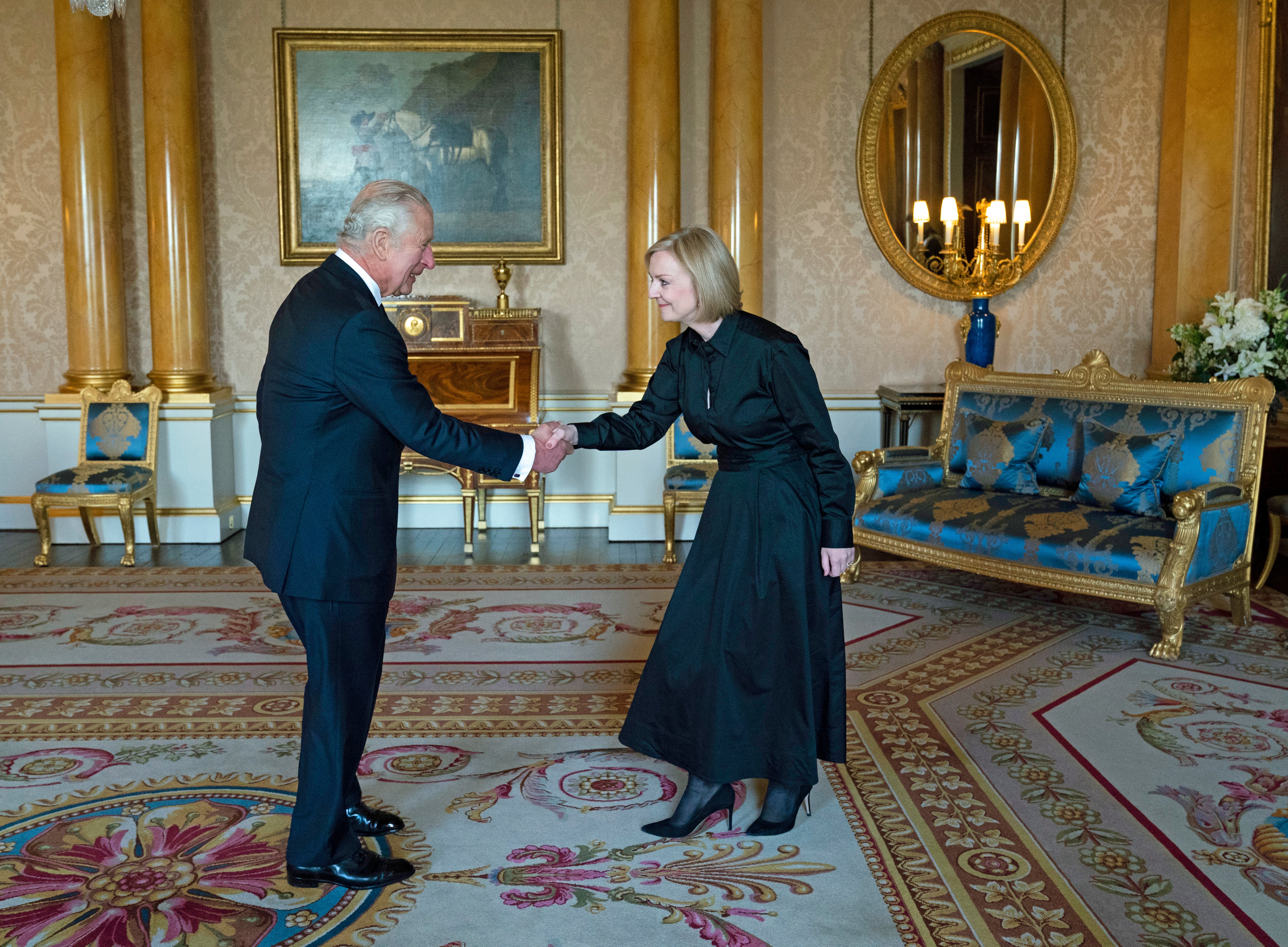
The Tory favourite has changed her mind about some quite fundamental issues. Ms Truss previously argued for the abolition of the monarchy.
In 1994, the 19-year-old activist told the Liberal Democrat party conference: “We do not believe people are born to rule.”
Fast forward three decades, and in July this year she said she "almost immediately" regretted her speech.
Ms Truss had been an active member of the Lib Dems before switching to the Tories in 1996.
Brexit - from Remain to Leave

Ms Truss campaigned for Britain to stay in the EU in 2016, but now says she regrets her Remain vote.
Far from simply regretting the result of the referendum, she now says she disagrees with her previous position.
"I fully embraced the choice that the people of Britain have made," she said during the Tory leadership contest.
"I was wrong and I am prepared to admit I was wrong. Some of the portents of doom didn't happen and instead we have actually unleashed new opportunities."







